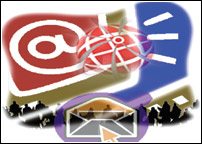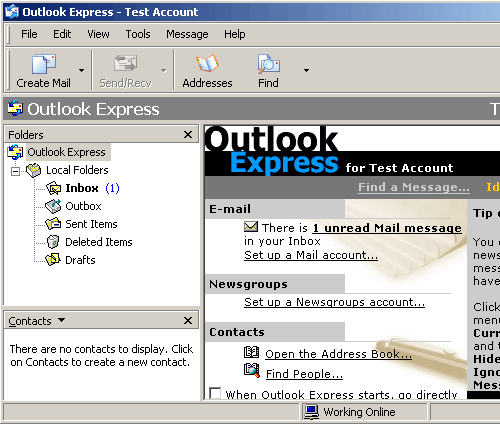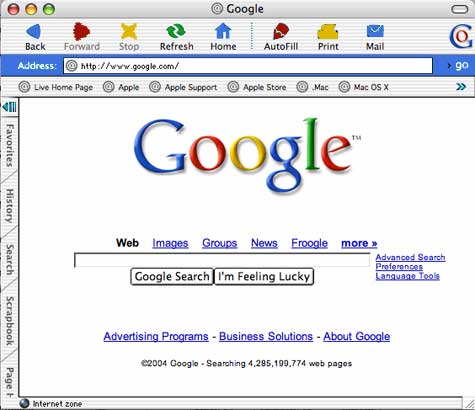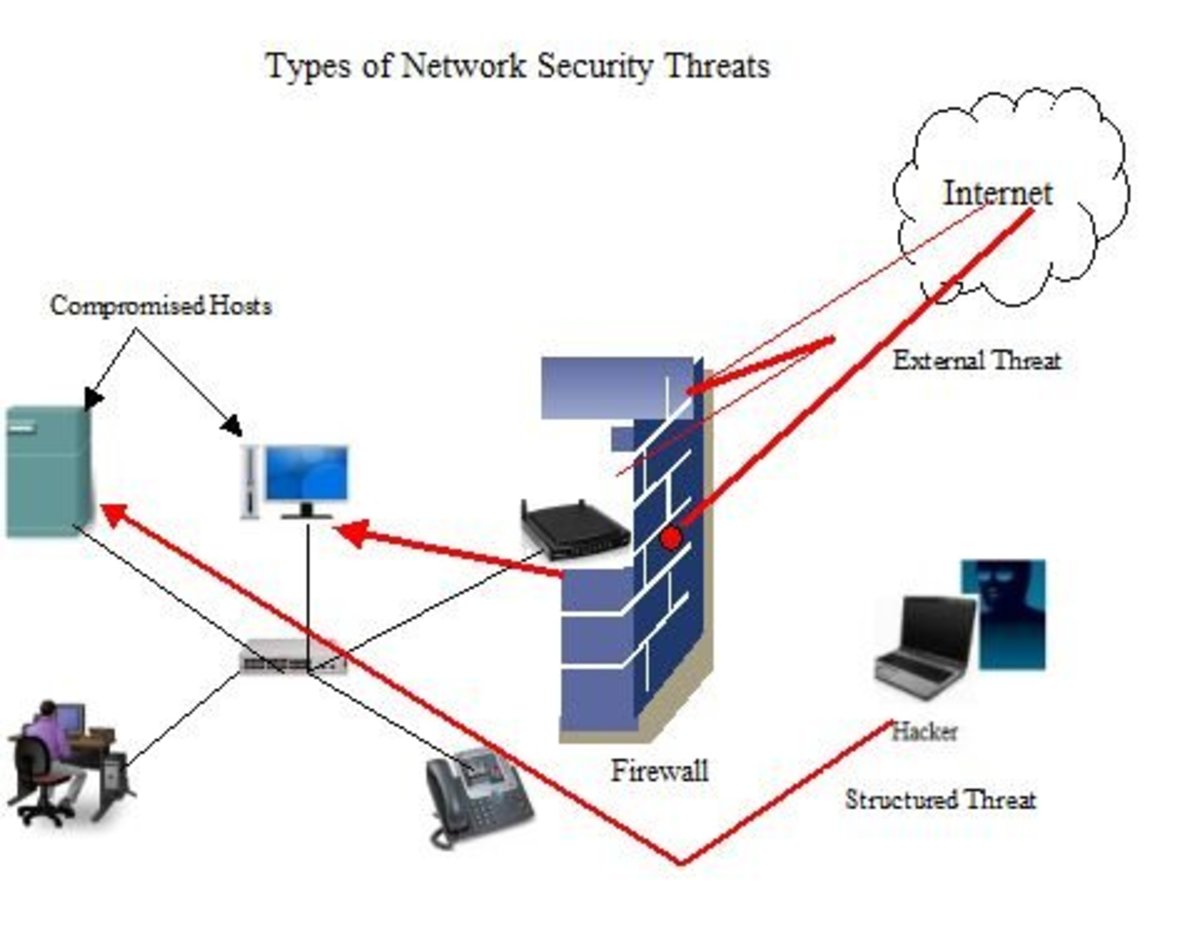All The Tips For Surfing Safely At Public Places
Internet has taken over our lives. We use it for everything from doing business to keeping in touch with our friends. In the process, a lot of important and personal information is aggregated online in the form of email, photos, social networks and, at times, even online office documents. Since this information is required almost daily, going online becomes a must many times a day (if not already connected 24x7).
But there are users who have to use public workstations for checking mails, like those working at restricted work places with a common internet-enabled PC, or at educational institutes, in libraries or at hotels while travelling, etc. These places are vulnerable to the user information that is often underestimated. Today, we will take a look at some measures to reduce the threat arising from using public PCs.
Public PCs are used by a number of different users, so these machines are likely to contain a much larger number of worms, viruses, spyware and browser-hacks as compared to a personal PC, until properly de-junked or protected by a regularly updated anti-virus. Here are a few precautionary measures that you can adopt to reduce the exposure and chances of falling prey to an avoidable security breach that may arise from accessing personal information over public computers.

Proxy email accounts
Use a proxy email address at public places. This can be set up using Google, for example. Create two accounts, primary and secondary - and have the primary one forward all the mails to secondary one (but retain a copy) so that this secondary address can be checked at insecure places. Replying to emails can cause a problem here as you would like the sender to be responded with primary email rather than secondary one.
Google has a solution where, while replying, the ‘from' address can be altered. This address can be used only after a confirmation email is sent and approved to ensure that people do not use fake ‘from' addresses by first setting up this address using Settings > Accounts tab > Send mail as > Add another email address.
Additionally, to be able to check the mails from public PCs, use this secondary account whenever there is a registration required for a service or a product.

Self-destructing email accounts
A quick search on Google reveals some free services that offer easy-to-use, self-destructing or disposable email accounts. Such services may be short-lived, but work well when needed. For instance, they include SpamGourment, Mailinator, GuerillaMail, TrashMail and PookMail, etc.
If your workplace blocks internet, or blocks selective email sites, create a primary (or secondary) email address, forward your mails to the company address and retain a copy. But do check the email policy first! In this way, emails can be at least viewed, if not replied instantly.
Other things to keep in mind when using internet over a public PC:
- Close all existing programmes and existing browser windows and start the browser again. Even better, use Run command to start the browser instead of relying on menu or desktop shortcuts just in case they point to a different file.
- Use Firefox instead of Internet Explorer if there is a choice. In both the cases, raise the security/privacy zone settings to ensure maximum security given the usability required.
- Use a portable browser for a USB disk like portable Firefox, if possible. And for extreme caution, consider using portable TOR-enabled anonymous browser (https://www.torproject.org/).
- Do not enter an online account's password (like that of email) at any site for any purpose, other than at the time of logging-in, and that too on a relatively assured original site.
- Press CTR+ALT+DEL and check out the Task Manager. End any suspicious looking application (ask administrator first for help).
- Consider performing an online spyware/antivirus test before proceeding with browsing session, like spywareguide.com and housecall.trendmicro.com
- Never do online banking or enter NIC, NTN, credit card or other financial information while using a public computer.
- Take a look at the privileges with which the current user is logged in. Prefer logging-in as guest or another low-privileged user account over Administrator user if possible.
- To deter key-loggers, copy-paste the password from a file saved in USB (this file can be password-protected just in case the USB is lost. Or you could have disk encryption installed in the USB, for instance TureCrypt.
- Another way to confuse key-loggers is to switch between password field and another text-entering field (say browser address bar) repeatedly, or entering junk in between real password characters in password field and selecting junk characters using mouse and deleting them.
- Watch out for hardware key-loggers. Take a look at the keyboard connector at CPU for any suspicious device sitting in between.
- If away from home for a while without personal laptop, use only the secondary email address.
- Clear browser history, cache, recently visited URLs list and cookies after your session is over. For extra caution, manually delete the temporary files and fix the registry.
- Always complete the online account log-off process before leaving the computer. Additionally, close all programme windows and log-off from the PC as well.
- Watch out for over-the-shoulder snoopers.
Safe browsing is a matter of keeping ourselves updated with latest security issues and following guidelines until it becomes a second nature to follow them regularly without conscious effort and recalling.

General precautions
Browsers vs. mail clients
Browsers are mostly insecure by default. They support images (web-bugs included), cookies, Java-Script and embedded controls. Due to complex rendering of a number of technologies, attacks such as cross site scripting are still prevalent. This is why it is a better idea to download emails in a mail client such as Thunderbird if your service provides this option. Google provides this option (under Settings > Accounts tab > Forwarding and POP). Set the mail clients to handle mails in plain text rather than HTML.
Password
Keep a strong password for your online account. Writing passwords at a safe place is a good idea but do not share it with anyone in any case.
Also, go through the security options and set a proper alternative email address/identification information/secret question to get access to your account in case password is forgotten, or to reclaim an account if attacker forgets to remove this information.

Surfing on mobile phones
1. Do no save any login info, password or confidential information on mobile phone.
2. Secondary email address can be configured over sites like Flurry and its application can be downloaded over a low-end mobile phone.
3. If your phone is capable of using Gmail Midlet, do not use mobile browser or third party services such as Flurry.





